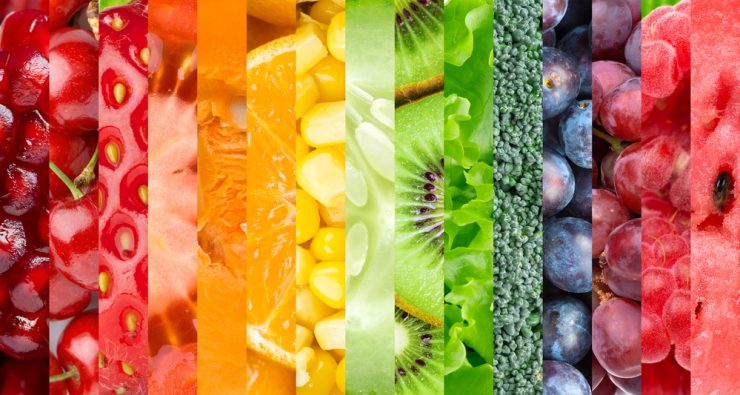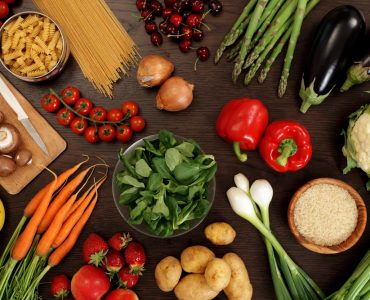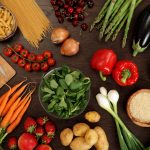If you are active in sports then you make great demands on your body to ensure you reach your peak performance.
To meet your needs, you don’t need a special diet overloaded with carbohydrates and protein, and you don’t need bottles of vitamin supplements. In fact loading up on carbohydrates before a sporting event, or overloading on proteins can make your diet too heavily one-sided and you lose out on getting necessary vitamins and nutrients.
Sports athletes will have an increased need for calories while they are active, but the same simple rule for an athlete is the same rule for everyone else, and that is to have a balanced diet.
A balanced diet from the eatwell plate, published by the Food Standards Agency is recommended for everyone, especially if you want to achieve your sporting goal, keep your bones strong and reduce your risk of illness:
Carbohydrates Carbohydrates are necessary for athletes as they provide sporting fuel, and should be included in all meals. These include bread, rice, potatoes and pasta, and fortified cereals to increase iron intake.
Fruit and vegetables Fruit and vegetables are required to keep you healthy and to achieve peak performance. Ensure you have five portions a day. In particular make sure you consume a source of vitamin C to increase your absorption of iron, try drinking orange juice or other fruit drinks rich in vitamin C.
Dairy
Dairy is the best source of calcium for healthy bones and to protect against sporting stress fractures. Eat up to three portions a day. You can find it in milk, yoghurt, and cheese.
Protein You may need to consume more protein than an inactive person, but you don’t need to take any more than a normal healthy person to increase your sporting performance. In fact consuming too much protein can harm your body and the best way to build strong muscles is hard work and regular training. The best sources of protein are lean meat, fish, eggs, pulses and nuts.
Fat Athletes need fat to build muscle, but should avoid unhealthy, fatty foods and choose healthy unsaturated fats in vegetable oils. Fat slows down digestion, so the timing of fat consumption is also important for an athlete, and it should be avoided immediately before and after exercise.
Sugar Sugar-rich foods and drinks can give a fast burning energy burst, which quickly runs out, causing an energy crash, so avoid sweet snacks before a sporting event or while training.
Fluids
Watch out for dehydration, this can cause long-term physical and mental damage. Athletes should drink before and after exercise as well as every 15 minutes during exercise. Avoid drinking fruit juices or fizzy drinks while training as they can cause stomach cramps.













